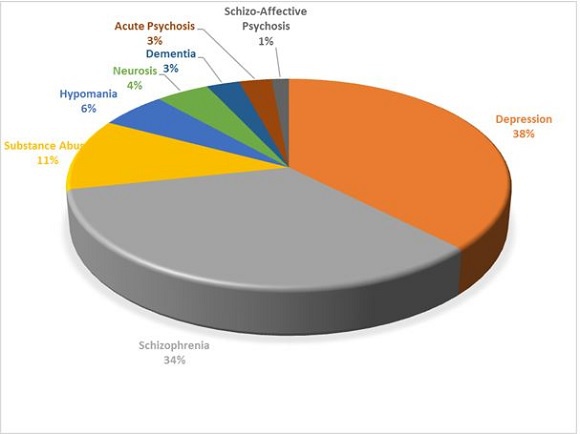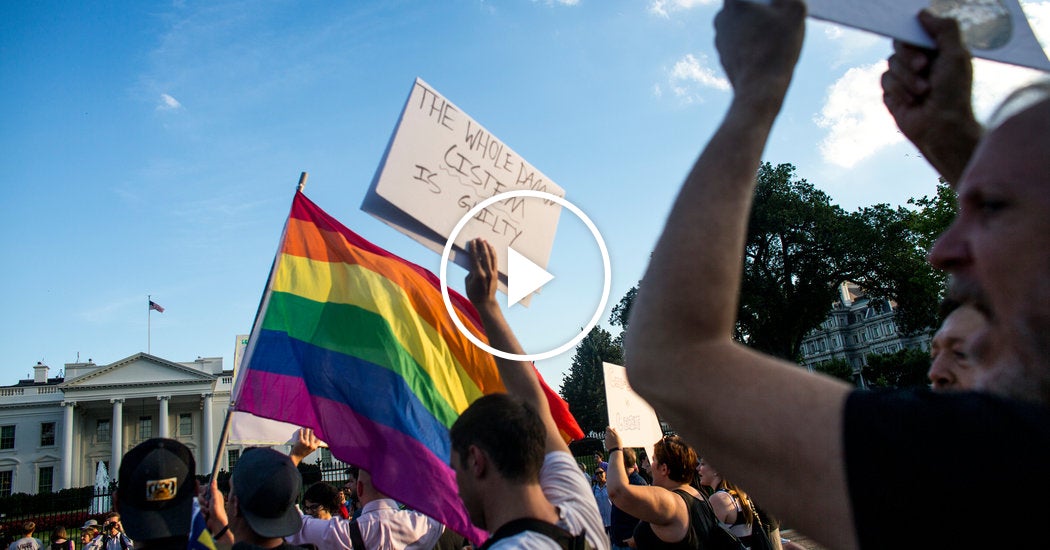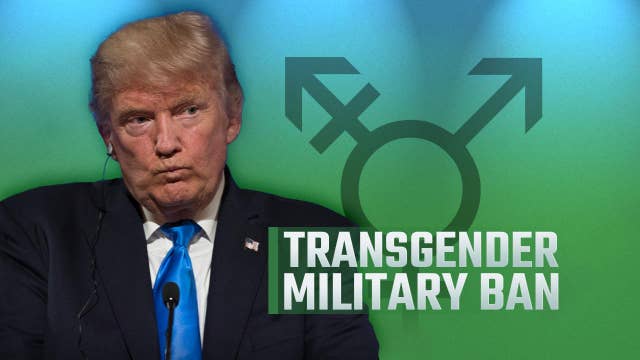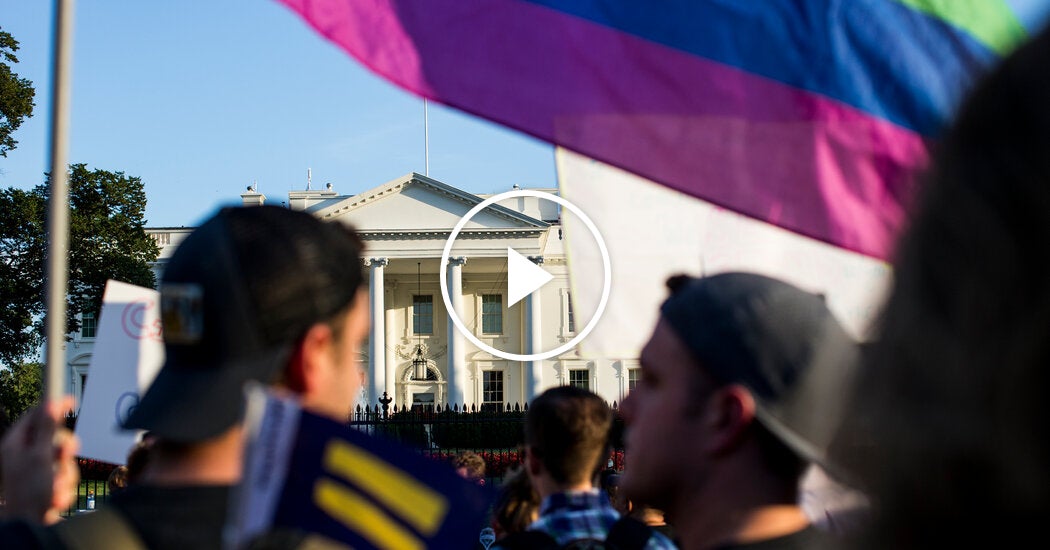The Urgent Need For More Psychiatrists In Ghana: A Mental Health Emergency

Table of Contents
The Stark Reality: A Critical Shortage of Psychiatrists
The disparity between the number of psychiatrists in Ghana and the population's mental health needs is alarming. The current ratio of psychiatrists to the population is significantly lower than international standards, resulting in a severely strained mental healthcare system.
- Statistics: While precise figures are difficult to obtain, estimates suggest fewer than 100 psychiatrists are actively practicing in Ghana, serving a population exceeding 30 million. This translates to a drastically low psychiatrist-to-population ratio, far below the recommended standards of the World Health Organization (WHO).
- Comparison: Ghana's psychiatrist-to-population ratio lags significantly behind other African countries and developed nations. Many countries have implemented strategies to improve this ratio, including improved training, incentives for recruitment and retention of mental health professionals, and increased funding.
- Geographical Disparities: The shortage is even more acute in rural areas, where access to any form of healthcare, including mental healthcare, is extremely limited. Urban centers may have a slightly higher concentration of psychiatrists, but this still falls drastically short of demand, leading to long wait times and limited access to specialized care.
This shortage results in long wait times for appointments, sometimes months or even years, effectively denying many Ghanaians timely access to essential psychiatric care. The limited access to specialized care contributes to increased stigma surrounding mental illness, hindering individuals from seeking help even when they need it most.
The Ripple Effect: Impact on Mental Health Outcomes
The insufficient number of psychiatrists in Ghana has profound and devastating consequences on mental health outcomes.
- Increased Suicide Rates and Self-Harm: The lack of access to timely and appropriate care contributes significantly to higher rates of suicide and self-harm, particularly amongst vulnerable populations.
- Higher Rates of Untreated Mental Illnesses: Many individuals suffering from treatable mental illnesses, such as depression, anxiety, and schizophrenia, go undiagnosed and untreated, leading to chronic conditions and a decreased quality of life. This also places a burden on families and communities.
- Deterioration of Overall Mental Well-being: The lack of readily available mental health services contributes to a general deterioration of the mental well-being of the population, impacting productivity, social cohesion, and economic development.
- Increased Burden on Families and Caregivers: Families are often left to cope with the challenges of mental illness without adequate professional support, leading to emotional and financial strain.
Early intervention and access to timely psychiatric care are crucial in improving mental health outcomes. Early diagnosis and treatment can prevent the progression of severe mental illnesses, reduce the risk of suicide, and improve the overall quality of life for individuals and their families.
Contributing Factors to the Shortage
Several interconnected factors contribute to the critical shortage of psychiatrists in Ghana:
- Lack of Funding for Medical Training and Psychiatric Residency Programs: Inadequate funding restricts the number of individuals who can pursue psychiatric training and specialization.
- Limited Career Opportunities and Unattractive Salaries for Psychiatrists: The lack of competitive salaries and career advancement opportunities makes psychiatry a less attractive career choice for many medical graduates. This is a significant factor contributing to the brain drain in Ghana.
- Brain Drain: Emigration of Trained Psychiatrists to Other Countries: Many trained Ghanaian psychiatrists seek better opportunities and higher salaries abroad, exacerbating the shortage within the country.
- Inadequate Infrastructure and Resources in Mental Health Facilities: Many mental health facilities lack adequate infrastructure, equipment, and resources to provide quality care, discouraging psychiatrists from working in these settings.
Addressing this crisis requires significant government investment and policy changes. This includes increasing funding for medical training, creating more attractive career paths for psychiatrists, and investing in infrastructure and resources for mental health facilities.
Potential Solutions: Addressing the Crisis
Increasing the number of psychiatrists in Ghana requires a multi-pronged approach:
- Increased Funding for Psychiatric Training and Education: Substantial investment in training programs, scholarships, and stipends is crucial to attract and retain medical graduates specializing in psychiatry.
- Incentivize Psychiatrists to Work in Underserved Areas: Offering competitive salaries, housing allowances, and other incentives can encourage psychiatrists to work in rural and underserved areas where the need is greatest.
- Collaborations with International Organizations for Training and Expertise: Partnerships with international organizations can provide valuable training and expertise, strengthening local capacity in psychiatric care.
- Investment in Mental Health Infrastructure and Resources: Improving infrastructure, equipment, and resources in mental health facilities will create a more conducive environment for psychiatrists to work.
- Public Awareness Campaigns to Reduce Stigma: Addressing the stigma surrounding mental illness through public awareness campaigns is vital to encourage help-seeking behavior.
A collaborative effort involving the government, healthcare professionals, and civil society organizations is essential to implement these solutions effectively. A holistic strategy that addresses both training and retention, infrastructure, and public awareness is necessary to tackle the crisis.
Conclusion
The psychiatrist shortage in Ghana is a severe and urgent crisis with devastating consequences for the nation's mental health. The lack of access to essential psychiatric services leads to untreated illnesses, increased suicide rates, and a significant deterioration of overall mental well-being. Addressing this challenge requires increased funding for psychiatric training, improved career opportunities for psychiatrists, investment in mental health infrastructure, and collaborative efforts to reduce stigma.
The urgent need for more psychiatrists in Ghana demands immediate action. We need increased government investment, collaborative efforts, and a commitment to improving mental healthcare access for all Ghanaians. Let's work together to address this mental health emergency and ensure that everyone has access to the psychiatric care they deserve. Let's prioritize the recruitment and retention of more psychiatrists in Ghana to build a stronger, healthier nation.

Featured Posts
-
 Wednesday Lottery Results April 30 2025
May 02, 2025
Wednesday Lottery Results April 30 2025
May 02, 2025 -
 Is The Eco Flow Wave 3 The Best Portable Climate Control Solution A Review
May 02, 2025
Is The Eco Flow Wave 3 The Best Portable Climate Control Solution A Review
May 02, 2025 -
 France Triumphs Over Italy Duponts Masterclass Performance
May 02, 2025
France Triumphs Over Italy Duponts Masterclass Performance
May 02, 2025 -
 The Donkey Roundup A Southern California Community Event
May 02, 2025
The Donkey Roundup A Southern California Community Event
May 02, 2025 -
 Investing In Riot Platforms Riot Risks And Rewards Compared To Coinbase Coin
May 02, 2025
Investing In Riot Platforms Riot Risks And Rewards Compared To Coinbase Coin
May 02, 2025
Latest Posts
-
 Deconstructing The Arguments Around Trumps Transgender Military Ban
May 10, 2025
Deconstructing The Arguments Around Trumps Transgender Military Ban
May 10, 2025 -
 The Impact Of Trumps Transgender Military Ban An Opinion
May 10, 2025
The Impact Of Trumps Transgender Military Ban An Opinion
May 10, 2025 -
 Trumps Transgender Military Policy A Comprehensive Analysis
May 10, 2025
Trumps Transgender Military Policy A Comprehensive Analysis
May 10, 2025 -
 Dissecting Trumps Transgender Military Ban An Opinion Piece
May 10, 2025
Dissecting Trumps Transgender Military Ban An Opinion Piece
May 10, 2025 -
 The Transgender Military Ban Unpacking Trumps Rhetoric
May 10, 2025
The Transgender Military Ban Unpacking Trumps Rhetoric
May 10, 2025
